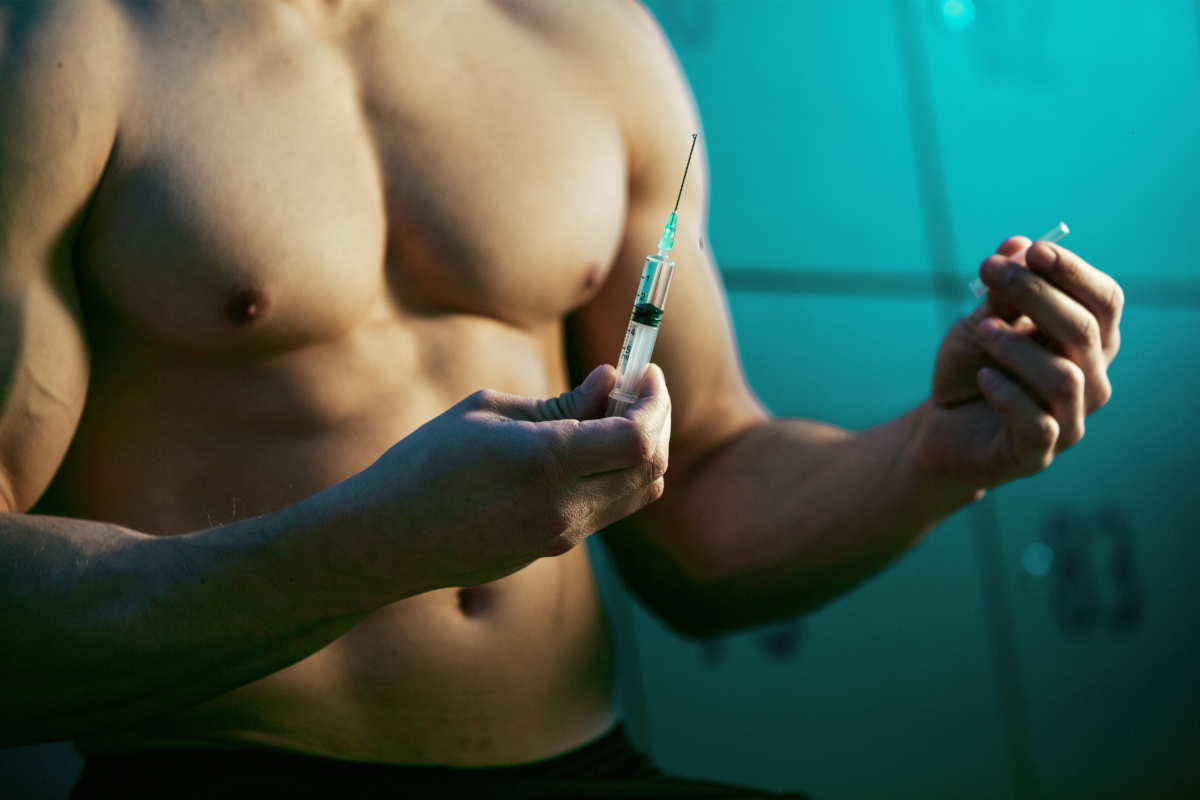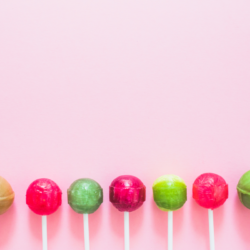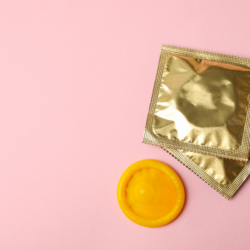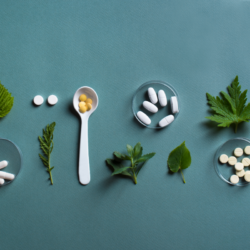Shilajit, nicknamed “the black gold of the Himalayas”, is a natural substance renowned for its many health benefits. But one question often comes up: can Shilajit really boost testosterone? In this article, we explore the scientific data to understand how Shilajit acts on testosterone, and why it has become a benchmark among natural food supplements.
Testosterone, the main male hormone, is essential for building muscle mass, maintaining bone density, energy and even libido. However, with age or as a result of certain conditions, its levels can fall, leading to fatigue, loss of strength and reduced motivation.
Shilajit, a resin rich in minerals and bioactive compounds such as fulvic acids and dibenzo-alpha-pyrones, has been used for centuries in Ayurvedic medicine to restore energy and promote hormonal balance. But what about its impact on testosterone? Recent studies offer some promising answers.
Shilajit’s active compounds and their role in hormone production
Shilajit is distinguished by its unique composition of bioactive compounds, which play an essential role in the natural stimulation of testosterone. Among its most powerful components, fulvic acids occupy a central position. These biologically active molecules optimise the absorption of essential nutrients by the cells, by improving membrane permeability. Their action also boosts mitochondrial efficiency, encouraging an increase in cellular energy production in the form of ATP, which directly supports hormone synthesis processes, including testosterone production.
Dibenzo-alpha-pyrones (DBPs) act as powerful antioxidants. They specifically protect the Leydig cells in the testicles, which are responsible for testosterone production. By neutralising the harmful effects of oxidative stress, these compounds help to maintain optimal functioning of the Leydig cells, thus preserving regular, effective hormone production.
Shilajit is also a concentrated source of essential minerals such as zinc and magnesium, which are vital for maintaining testosterone levels. Zinc, in particular, plays a key role in hormone regulation and sperm production, while magnesium supports overall hormonal balance and reproductive health. This synergy between bioactive compounds and minerals makes Shilajit a unique supplement for those looking to naturally increase testosterone, improve vitality and optimise hormonal health.
A significant increase in total and free testosterone
A randomised, double-blind, placebo-controlled clinical trial showed that taking 250 mg of Shilajit twice a day for 90 days increased total testosterone levels by 20.45% and free testosterone levels by 19.14% compared to placebo. These results confirm Shilajit’s role as a natural testosterone booster.
Maintenance of gonadotropic hormones
The same study revealed that Shilajit maintains levels of gonadotropic hormones (LH and FSH), essential for testosterone production, while increasing levels of DHEA-S, a key precursor of testosterone.
Effects on muscle strength and recovery
Other research has shown that Shilajit improves muscle strength and reduces fatigue markers thanks to its impact on testosterone and cellular energy synthesis. Participants who consumed 500 mg of Shilajit for 8 weeks saw an increase in their maximum strength and a reduction in stress-related damage to muscle tissue.
What other benefits does Shilajit have for men’s health?
In addition to its well-established role in boosting testosterone, Shilajit is proving to be a valuable ally for overall male health thanks to its multiple benefits. Among these, its impact on male fertility is particularly remarkable. Shilajit significantly improves sperm quality, in particular by increasing sperm count, motility and normal sperm shape. These effects are largely linked to the increase in testosterone levels and the regulation of gonadotropic hormones, which play a key role in the functioning of the male reproductive system.
Shilajit also acts as a powerful antioxidant, protecting reproductive tissues from damage caused by free radicals. This oxidative stress is one of the main causes of declining reproductive health in men, particularly with age. By neutralising these free radicals, Shilajit helps to preserve cell integrity and support optimal fertility, while improving overall health.
In addition, Shilajit stimulates ATP production in the mitochondria, resulting in a significant increase in energy and physical endurance. This property makes it a particularly beneficial supplement for men suffering from chronic fatigue or seeking to improve their performance, whether in a sporting context or in everyday life. Thanks to these combined effects, Shilajit not only boosts hormone levels, but also acts as a genuine revitaliser, optimising male vitality at every level.
How can I boost testosterone by taking Shilajit?
To get the full benefit of Shilajit’s testosterone-boosting effects, it’s essential to follow the correct dosage and specific instructions for use. A daily intake of between 250 mg and 500 mg of purified Shilajit is recommended, divided into two doses, ideally after meals. This dosage favours optimal absorption of the active compounds and maximises its benefits for male hormone production and vitality.
To obtain significant results, it is advisable to follow a continuous course of treatment lasting 8 to 12 weeks. This period allows Shilajit to become fully integrated into the body’s physiological processes, gradually stimulating testosterone levels and improving energy, stamina and reproductive health.
However, before incorporating Shilajit into your routine, it is strongly recommended that you consult a health professional, especially if you are undergoing medical treatment or have a history of hormonal disorders. This precaution ensures that Shilajit is used according to your specific needs and prevents any potential interaction with other medications. By following this advice, Shilajit can become a real ally in optimising your testosterone and vitality in a natural and safe way.
Sources
- Keller et al. Journal of the International Society of Sports Nutrition (2019) 16:3 https://doi.org/10.1186/s12970-019-0270-2
- Original Article Hormonal regulation and hypogonadism pISSN: 2287-4208 / eISSN: 2287-4690 World J Mens Health 2020 Jan 38(1): 115-122 https://doi.org/10.5534/wjmh.190043
- Pandit, S., Biswas, S., Jana, U., De, R.K., Mukhopadhyay, S.C. and Biswas, T.K. (2016), Clinical evaluation of purified Shilajit on testosterone levels in healthy volunteers. Andrologia, 48: 570-575.





